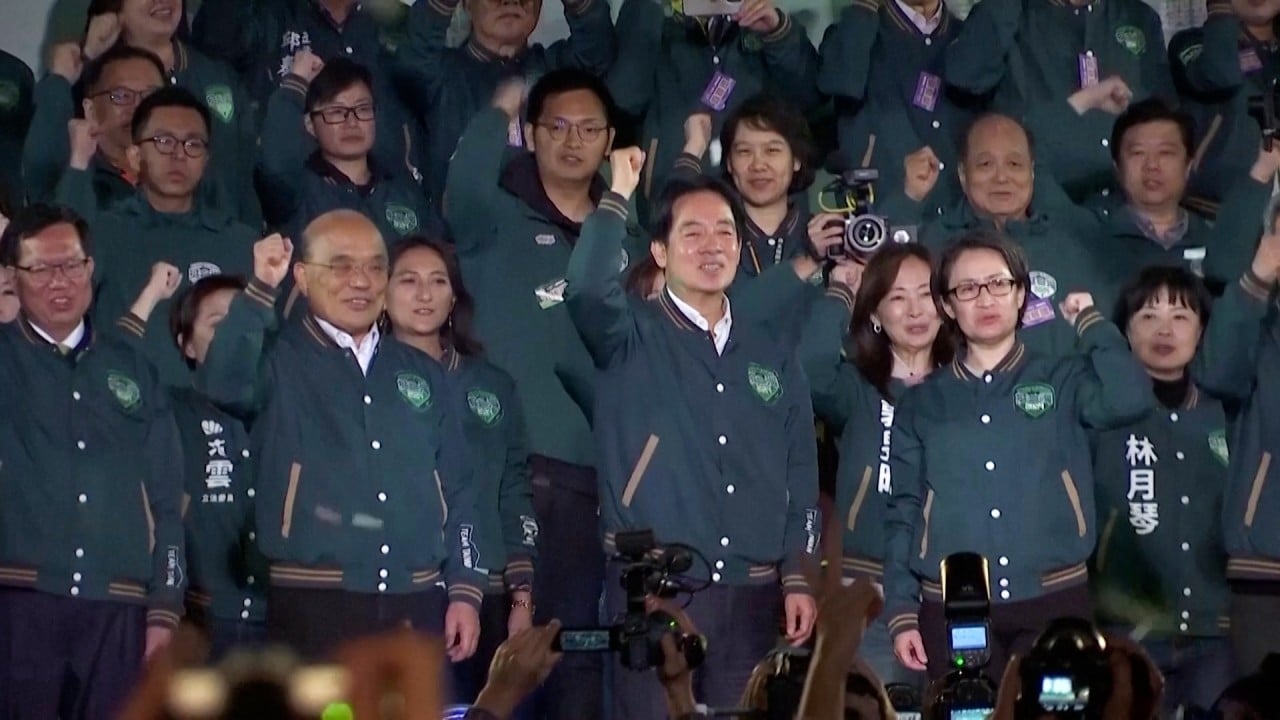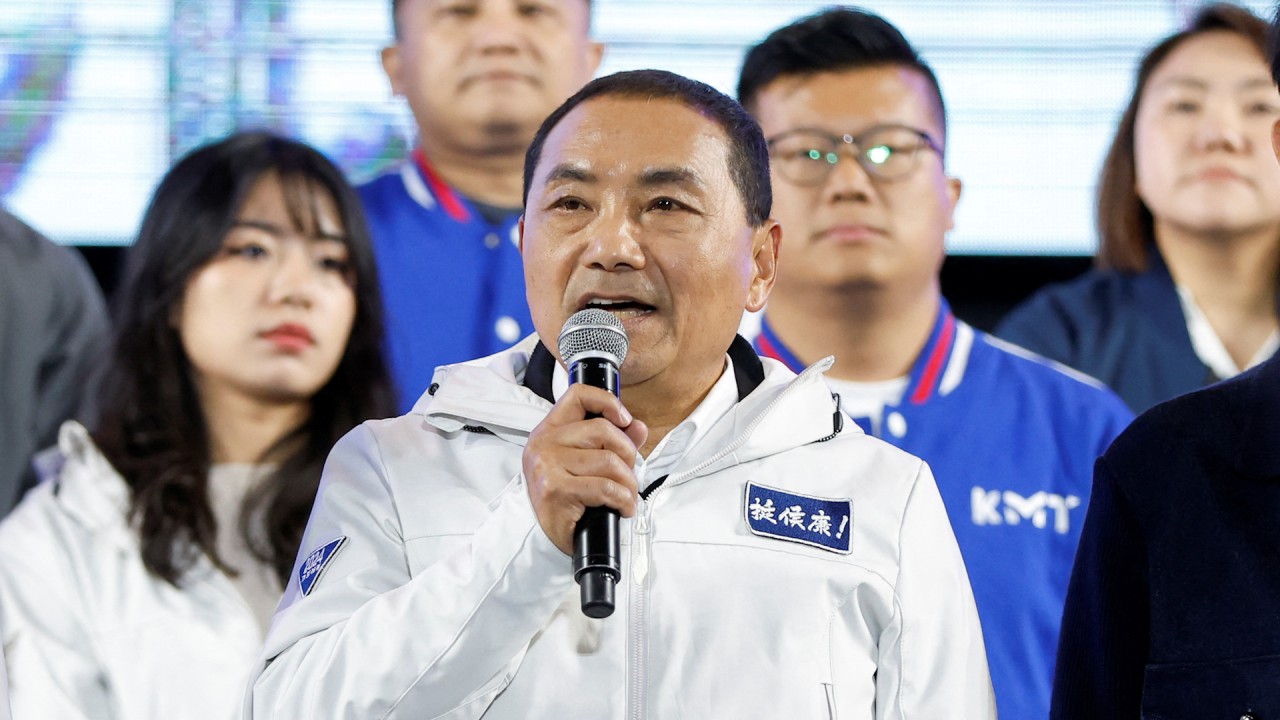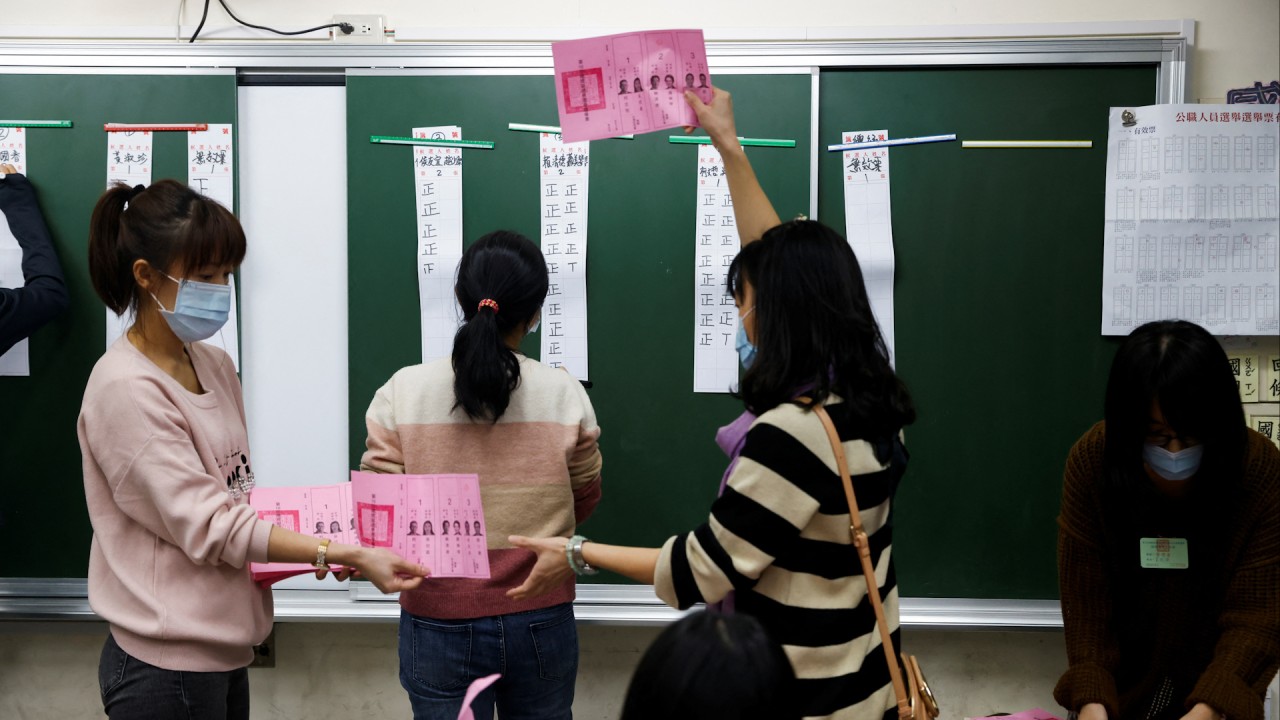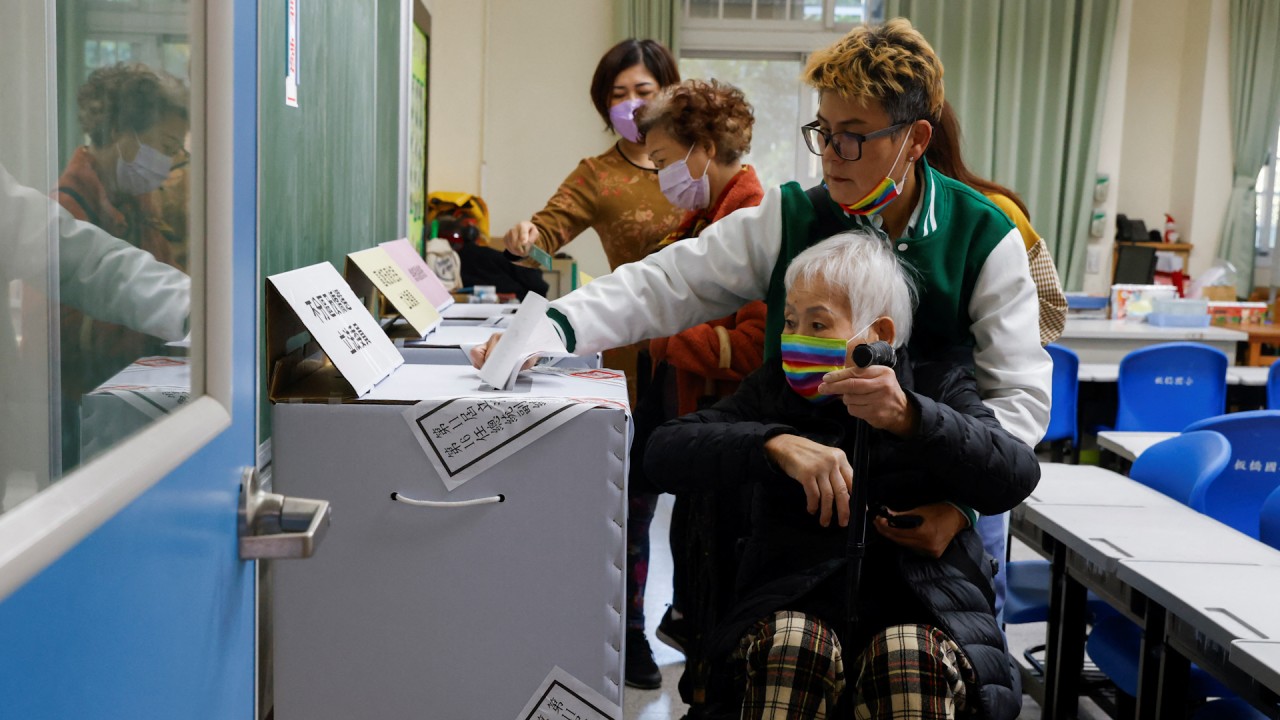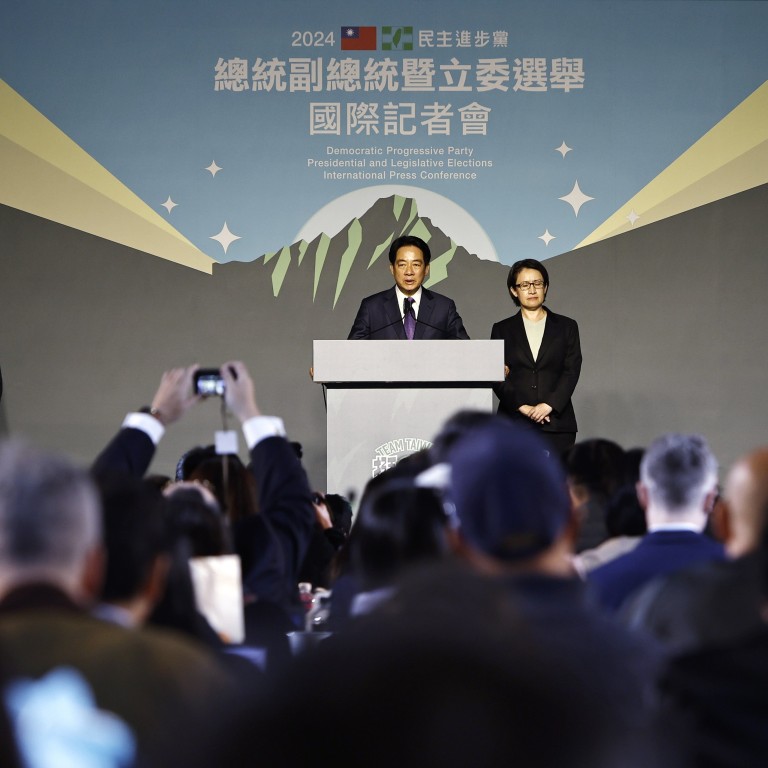
Global Impact: William Lai’s presidential victory in Taiwan does little to cool US-mainland China tensions as self-ruled island looks to the future
- Global Impact is a weekly curated newsletter featuring a news topic originating in China with a significant macro impact for our newsreaders around the world
- In this issue, we look back at how William Lai Ching-te won Taiwan’s presidential election and ponder what the results mean for relations with mainland China and beyond
Such results add a note of uncertainty to Lai’s administration, as he will face the prospect of a hostile legislature that could obstruct any potential pro-independence agenda.
In the legislature, which requires at least 57 seats for an outright majority, the DPP retained just 51 of its previous 61 seats, while the KMT added 14 to take its tally to 52 lawmakers and the TPP won eight seats, marking the first time that a third party has had a swing vote.
However, state media in mainland China made few references to Taiwan’s elections on polling day, while social media platform Weibo blocked the hashtag “Taiwan election 2024”.
Beijing has tried to downplay the DPP’s victory in its response to the results. Its Taiwan Affairs Office, the official agency for cross-strait ties, said the result did not represent the views of most Taiwanese. It also said the election could not “stop the general trend” towards “inevitable” reunification.
Beijing sees Taiwan as part of China to be reunited by force if necessary. Most countries, including the US, do not recognise Taiwan as an independent state, but Washington opposes any attempt to take the self-governed island by force and is committed to supplying it with weapons.
Beijing had responded to Blinken’s message to Lai by lodging a protest with the US through the foreign ministry, saying Washington was sending a “gravely wrong signal” to “Taiwan independence separatist forces”.
As incumbent Taiwanese President Tsai Ing-wen prepares to bow out after finishing her second four-year term in May, the challenges faced by the new administration, and Beijing’s long-term reaction to Lai’s presidency, remain to be seen.
60-Second Catch-up
Deep dives
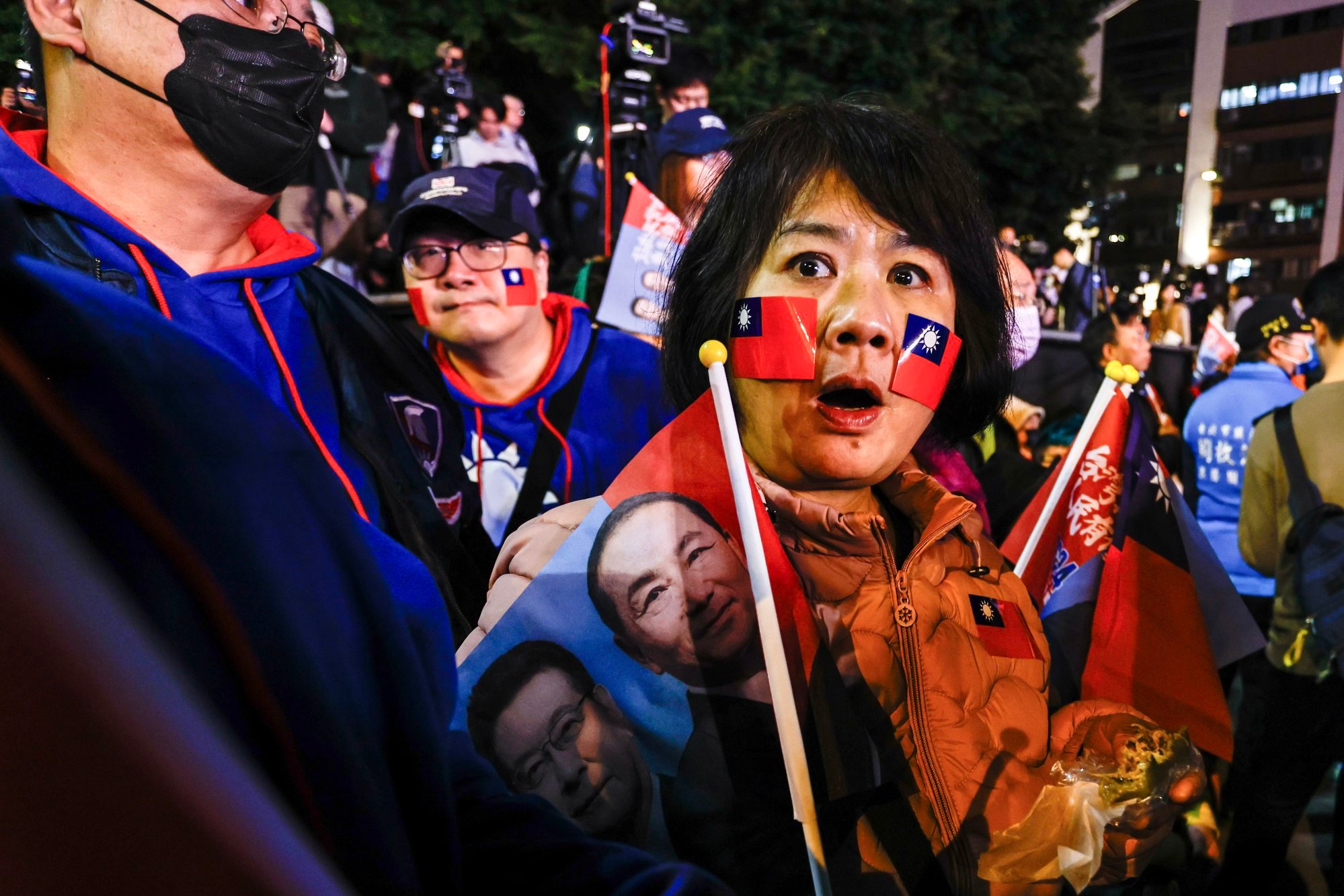
US House passes finance bills bolstering Taiwan and squeezing mainland China
-
One supports including Taipei in IMF while another directs regulators to exclude Beijing from banking organisations over threats to self-ruled island
-
California Republican Young Kim says her bill meant to send Taiwanese “a strong message of solidarity and support for their democracy”
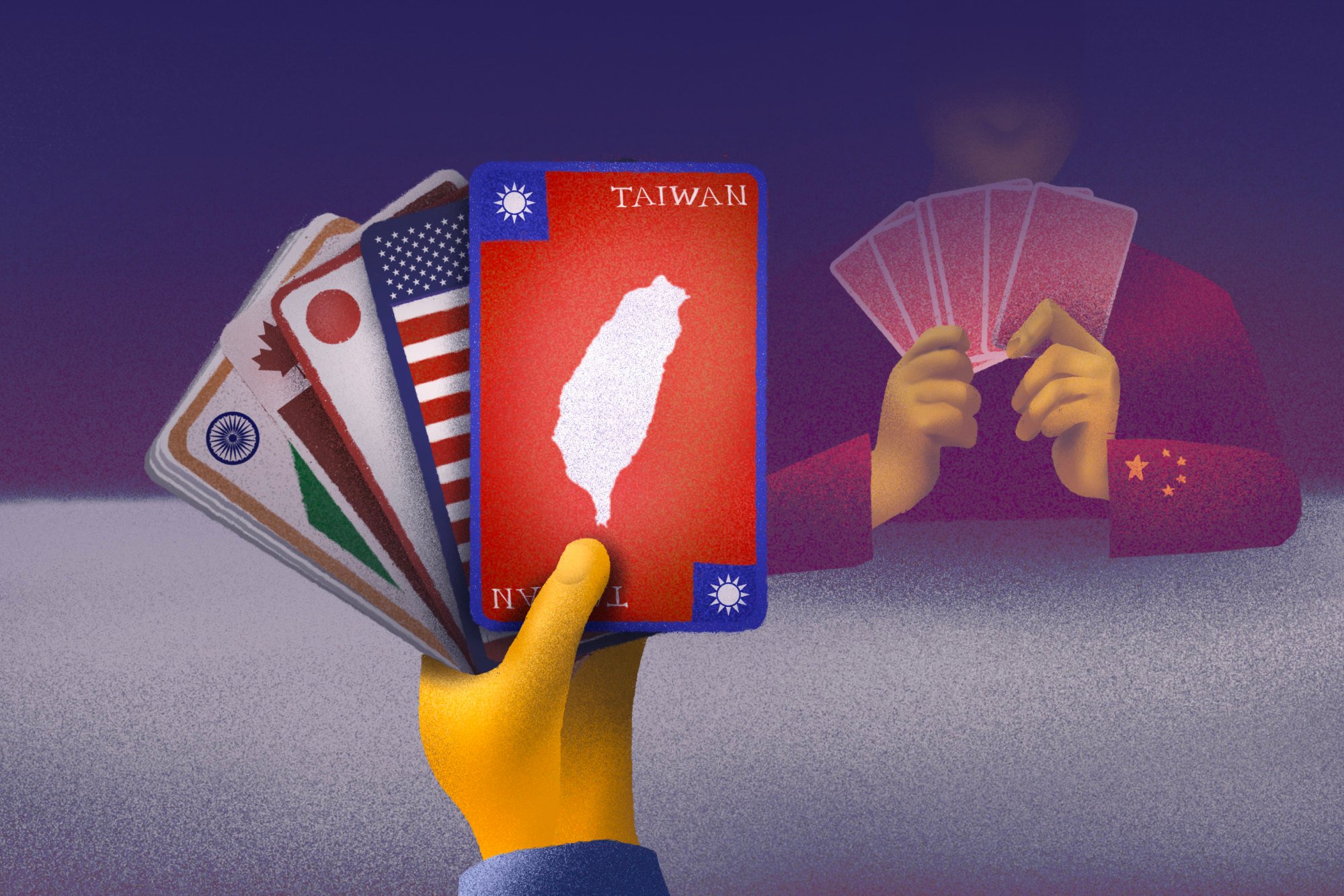
‘Taiwan card’: island’s rising strategic value tests Beijing’s diplomacy tactics
-
Taiwan is increasingly an international issue and the election outcome may reshape its future ties with the world
-
As Beijing seeks to influence other countries’ ties with the island, it has the means to ‘make them pay for their decisions’, expert says
Many countries in Asia, Europe and beyond have stepped up their rhetoric, voicing concerns on the worsening situation in the Taiwan Strait. Over recent months, some have followed Washington’s lead to circumvent Beijing’s opposition and pursue substantive economic and political ties with the island’s independence-leaning government.
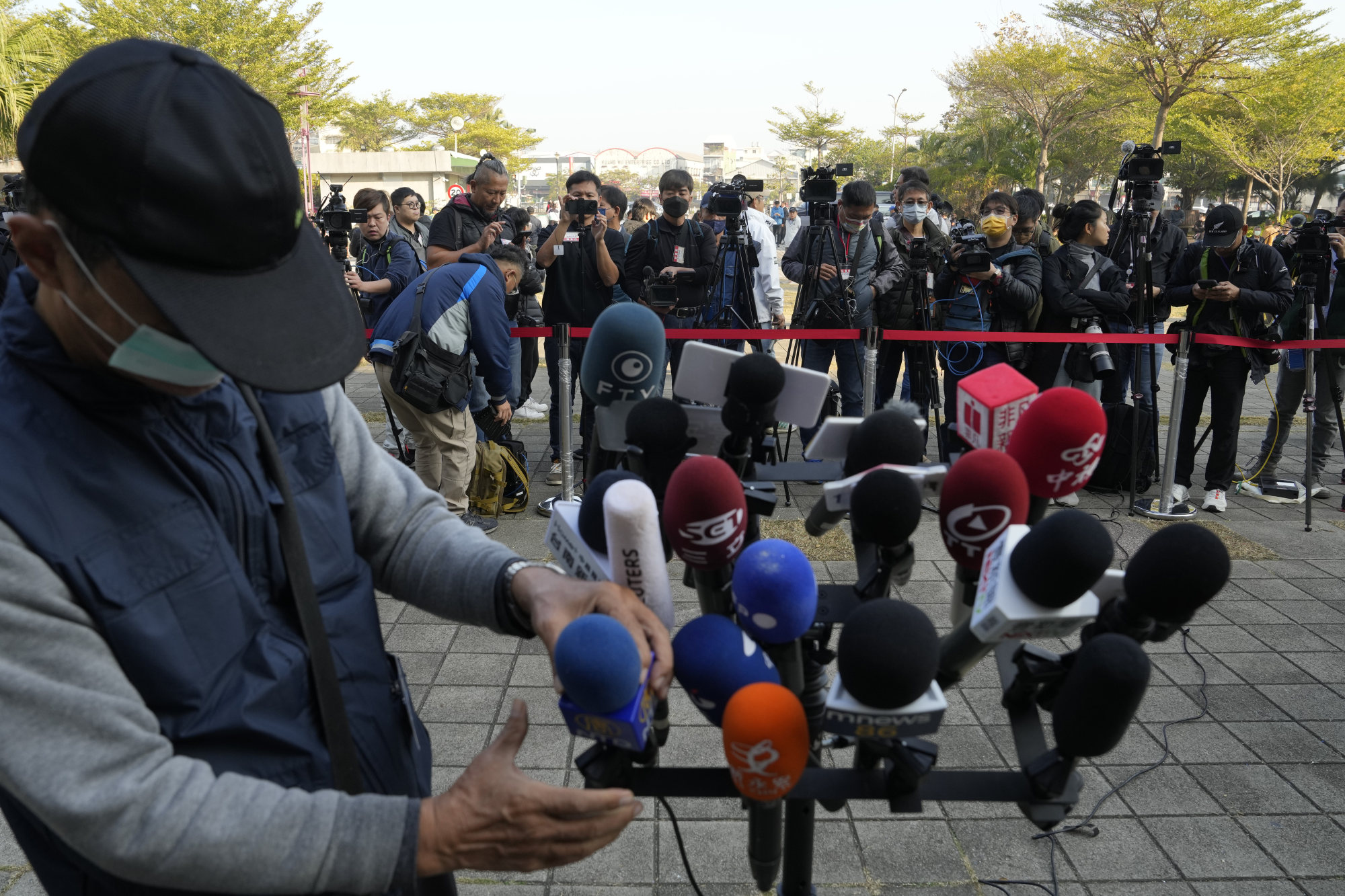
International media focus on tensions, security and uncertainty as Taiwan votes
-
More than 400 journalists from around the world have converged on the island to cover the presidential election
-
Asahi Shimbun says poll will affect ‘security of East Asia’, while New York Times report calls Taiwan ‘single biggest flashpoint’ in US-China rivalry
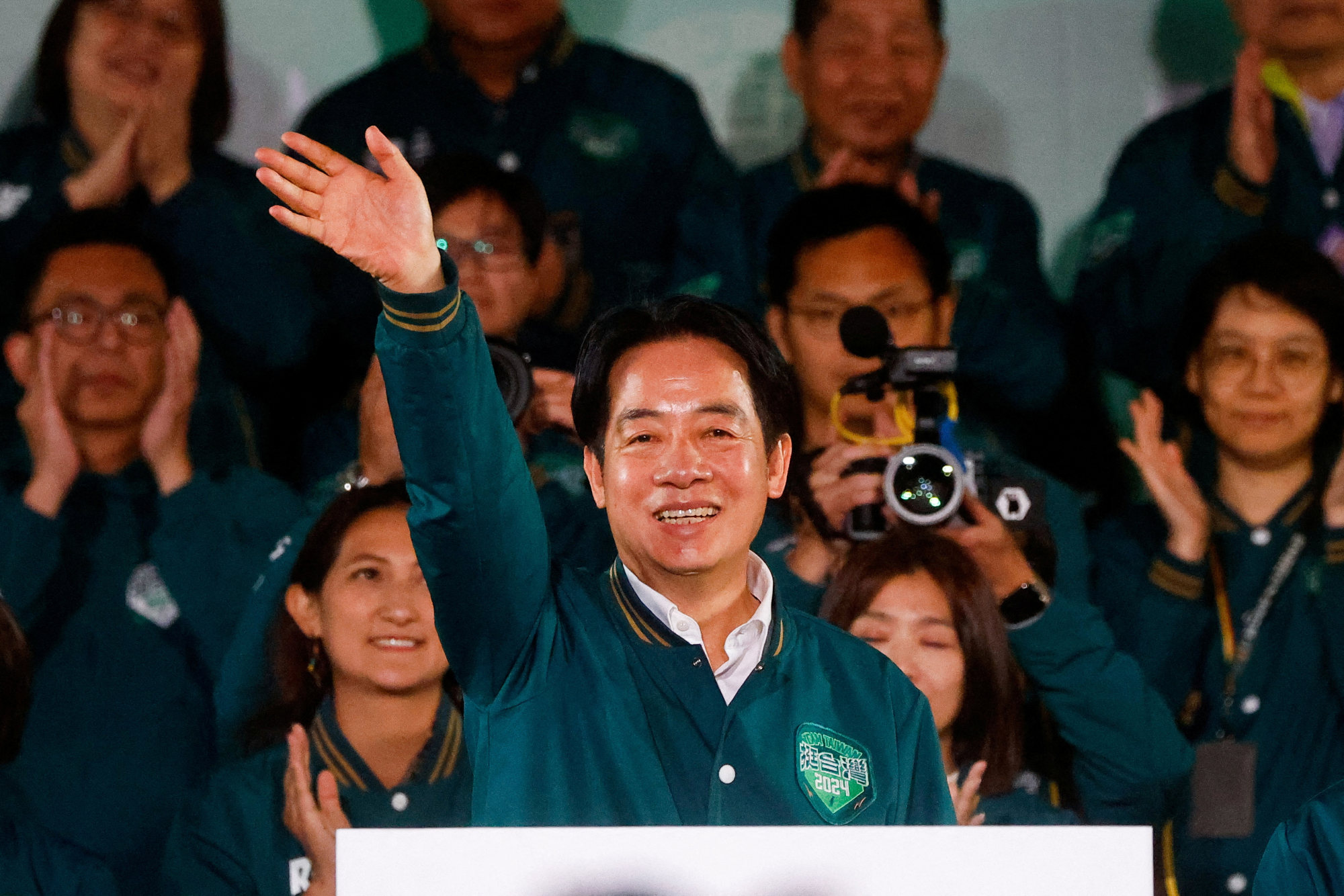
Taiwan chip sector is ‘world’s common asset’: president-elect William Lai
-
‘China and other countries must also cherish’ Taiwan’s role in global chip industry, Lai says after victory on Saturday
-
Frayed cross-strait ties and US-China tensions have sparked concerns about the core sector seen as a ‘silicon shield’ for the island
“As president, I will continue to assist the development of the semiconductor industry, from materials, equipment, research and development, integrated circuit design, manufacturing to wafer fabrication and testing for the industry to build a comprehensive cluster and further its development in Taiwan. This will of course benefit the global economy as well,” Lai said in Taipei.
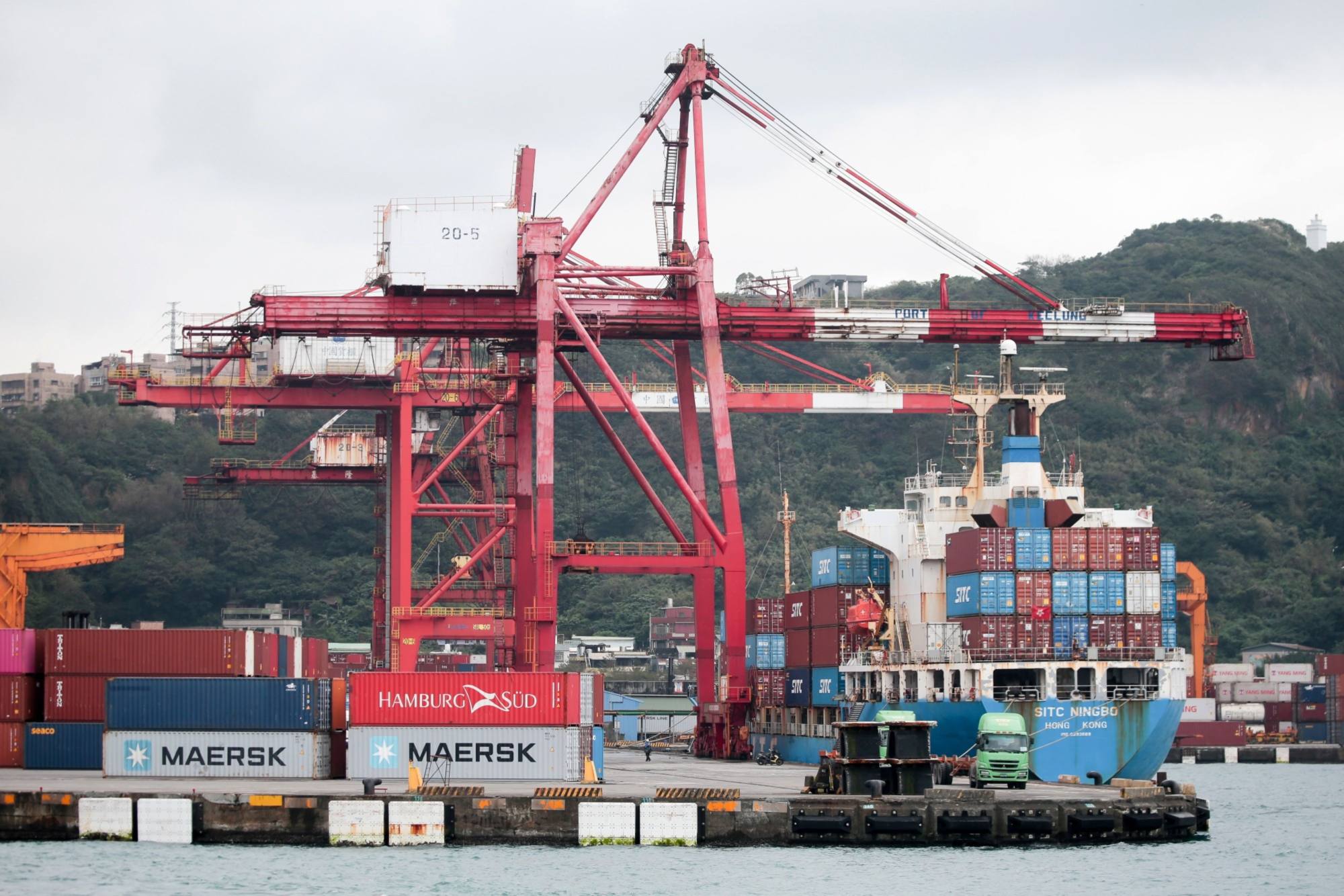
Taiwan-mainland China investment hits 22-year valley as relations sour
-
Investment figures on both sides of the Taiwan Strait have fallen to new lows thanks to political tension and consequent shifts in supply chains
-
Many Taiwanese companies are moving outside the mainland, but some still seek to do business there and are finding workarounds
Investments approved for Taiwanese companies in the mainland reached about US$3.04 billion last year, the Department of Investment Review under Taiwan’s Ministry of Economic Affairs said on Monday. That figure covered 328 specific project applications.
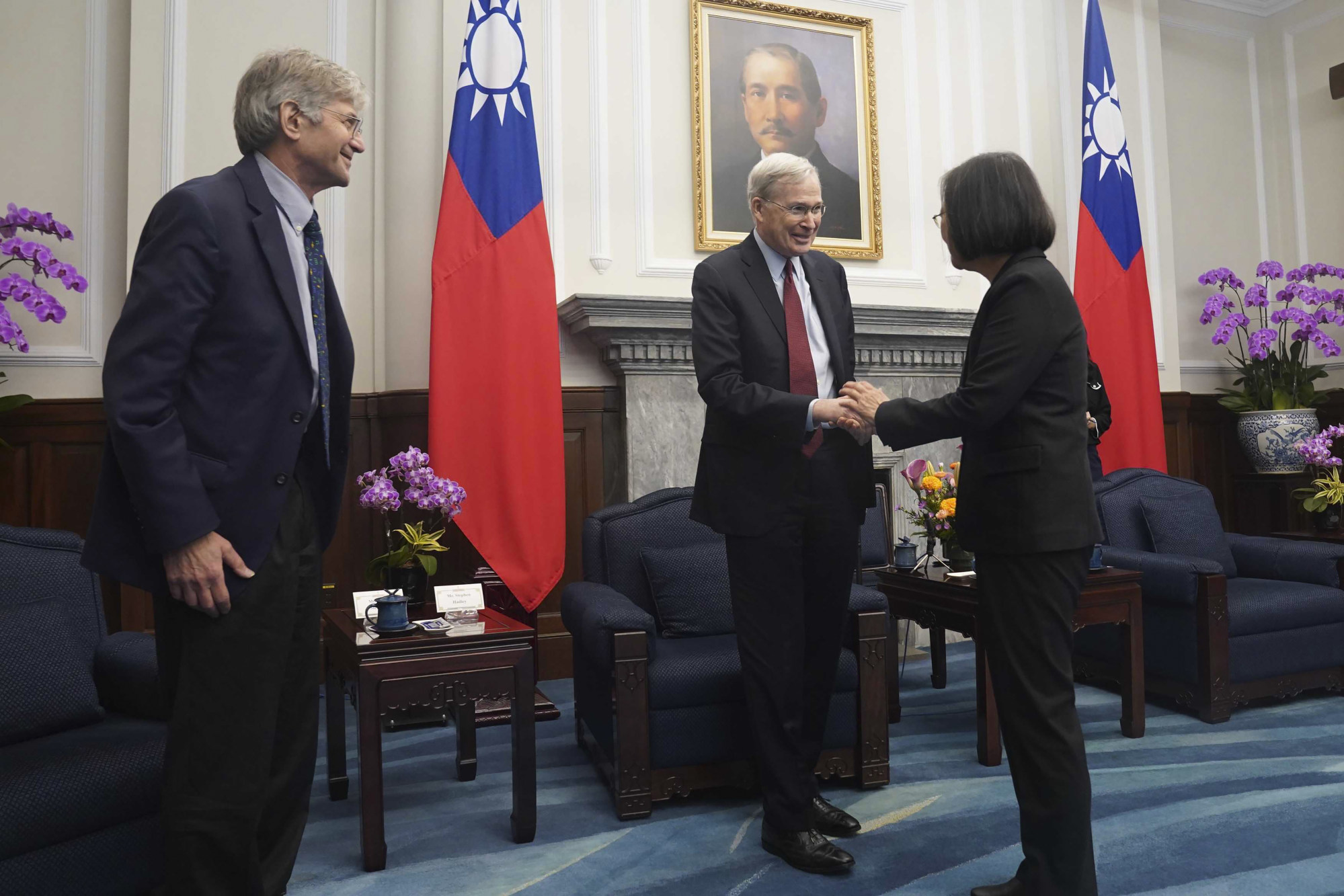
US group urges Taiwan’s Lai to keep calm and carry on with cross-strait status quo
-
Former White House officials offer support for island’s next administration following the DPP’s win in the weekend’s presidential election
-
The visit is a pre-emptive move to stop things from getting out of control, analyst says
The delegation, led by former national security adviser Stephen Hadley and former deputy secretary of state James Steinberg, landed on the island on Sunday amid warnings from Beijing that the election of William Lai Ching-te would increase the risk of conflict.
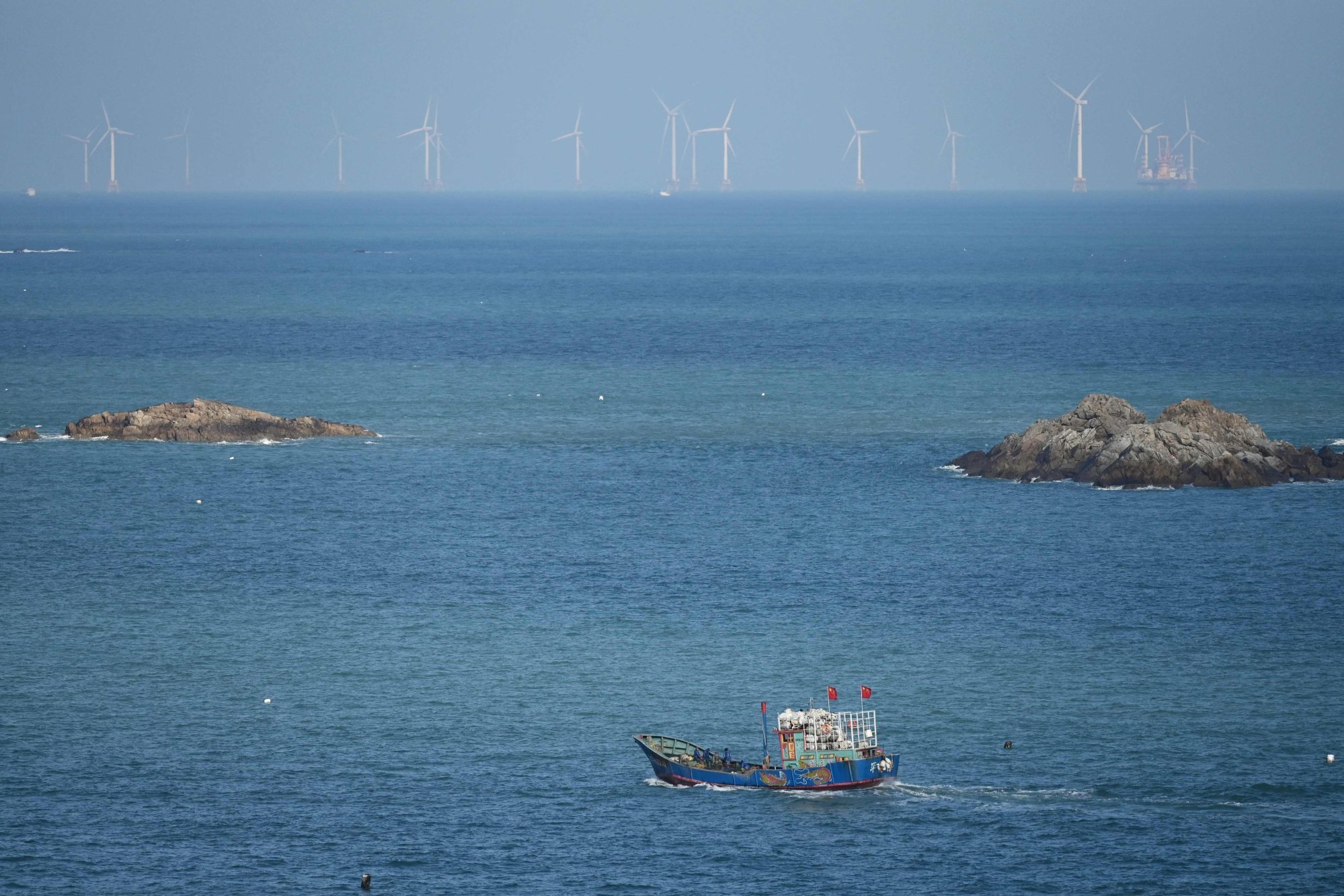
US-China ties should not be ‘held hostage’ by Taiwan issue: Beijing adviser
-
Taiwan remains ‘core’ issue in US-China ties, but it is ‘not the whole story’, noted professor and adviser to Beijing’s policymakers says
-
In comments posted on WeChat, Zheng Yongnian urges Beijing to explore ‘salami slicing’ approach to push for peaceful reunification
Beijing should not let US relations be “held hostage” by the Taiwan issue, a noted political scientist and adviser to Chinese policymakers has urged.
Zheng Yongnian, a professor at the Chinese University of Hong Kong’s Shenzhen campus, said while Taiwan remained a “core” issue in US-China ties, it was “not the whole story”.
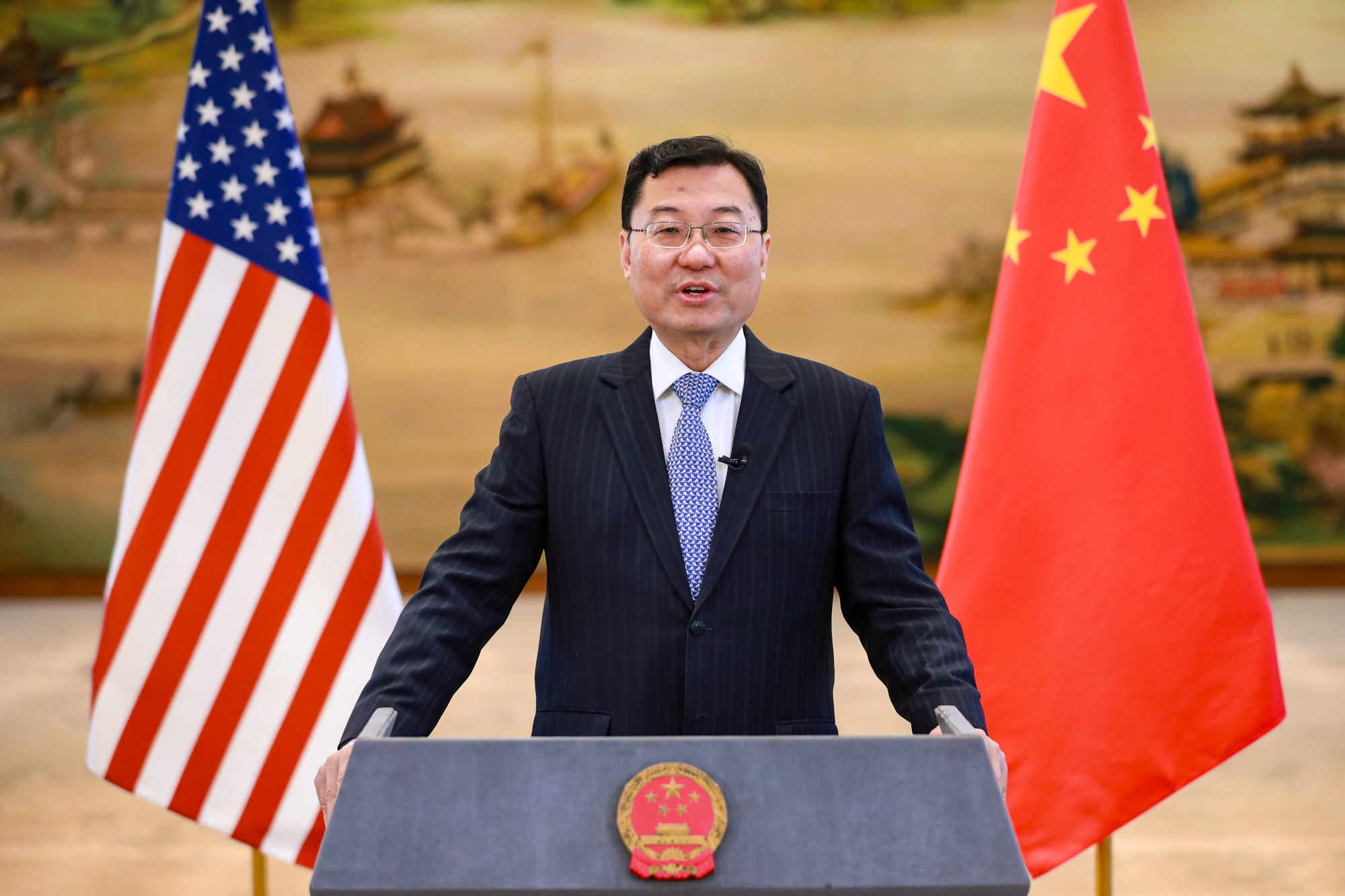
China-US relations: sides convey serious intent amid celebration of ties
-
‘There is but one China and Taiwan is part of China,’ Beijing’s ambassador to the US says days after Taiwan election
-
Xie Feng calls on the US to accept China for what it is, and acknowledge and accept ideological differences behind their two systems
Global Impact is a weekly curated newsletter featuring a news topic originating in China with a significant macro impact for our newsreaders around the world.

.JPG?itok=zUDwoZRB&v=1701240446)
